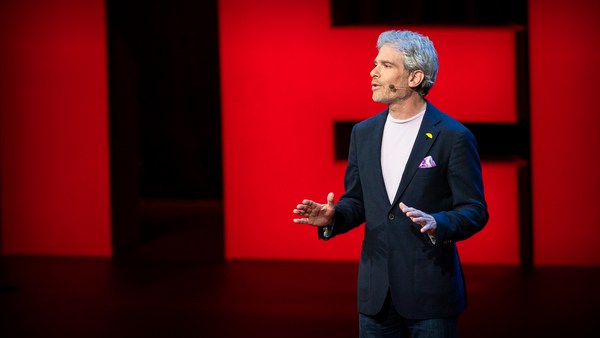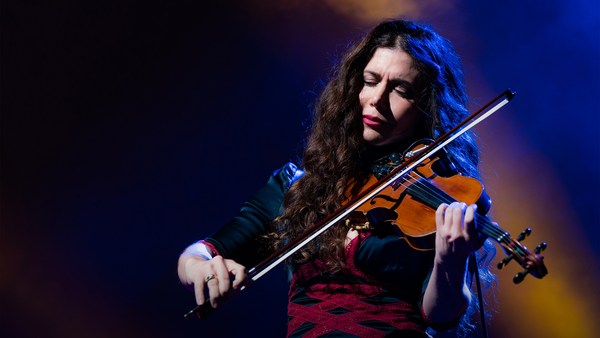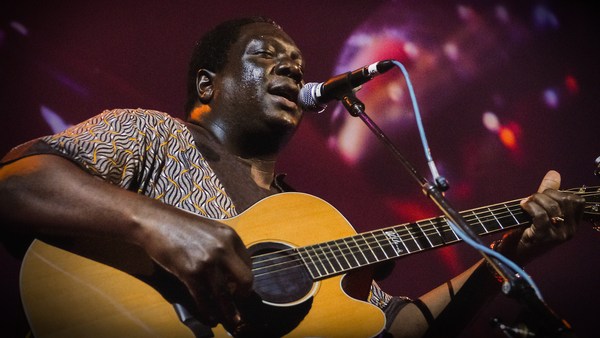(Piano)
(Singing) It was done
When the benediction had been sung
Firelight gently woke us from our golden night
My surprise
I can turn to see your open eyes
And I know You are alive
I know that smile
Nothing more
In the after
There is waking from your sleep
And your lover
Is the only face you see
We are after
Ever after
There is laughter
Afterneath
The war
Nobody ever even asked what for
Up above
Nothing matters but the ones you love
So get out with me
Now you've got enough with me
Just the two of us you see
And nothing more
In the after
There is waking from your sleep
And your lover
Is the only face you see
We are after
Ever after
There is laughter Afterneath
Oh, we after
Ever after
There is laughter
Afterneath
Oh
Oh
Oh
Oh
Thank you.
(Applause)
Thank you very much.
(Applause)
Thanks.
I love a depressing song ...
(Laughter)
you know? I've been writing them for 15 years now, and to be honest, over that time, I've come to kind of believe that they're not really depressing at all. In fact, I think they're kind of the most important songs we have. Songs that sing of sorrow, of grief, of longing, of the darker side of love, the underside of being alive, these are the songs I just never tire of hearing and I never tire of writing, because they make me feel less alone. They speak to a very real part of being human that can often be hidden in fear and shame and pushed deep down where it lingers and rots.
But I think in listening to these songs -- really listening -- can allow us to refeel these hard emotions, but in a cathartic and healing way. In a way that reminds us, as we listen, that we're not alone in darkness.
There's a Japanese phrase known as "mono no aware," which roughly translates as "the bittersweet poignancy of things," or the pathos or "ahness" of things. It's a valuable awareness of impermanence, both a kind of gentle, transient sadness as things pass by in life, but also a deeper, softly lingering sadness about the impermanence of all reality.
"Mono no aware" can be manifest in lots of life stories and moments and songs. One example in Japanese culture is the celebration of the cherry blossom. The cherry blossom in and of itself is no more impressive than that of an apple or orange tree, but what sets it apart is its brevity. Cherry blossoms fall within a single week -- can be whisked away on the gentlest breeze -- and it's this that makes it more beautiful. It's utterly fragile, and fragility gives life its poignancy.
Now, being a cheery chap, nothing speaks to me more than this, and --
(Laughter)
you know, I think it's been the essence of my songwriting for years, of what moves me to write, what inspires me to sing. Because pain and grief and doubt, when it's made manifest in music, in song -- when it's made beautiful in poetry and painting, it can build a community and a kinship in the knowledge that we are none of us alone in darkness.
My next song is one that I call "Killing Me," and as the name suggests, it's not a dance floor favorite.
(Laughter)
But it isn't miserable. It's full of love and hope. And I think it exemplifies everything I've been talking about. And it's the first song I've written from the perspective of somebody else, specifically my grandmother, as she lives on without my late grandfather, as she experiences new things in her life -- her grandchildren getting married, having their own children, speaking at TED -- all the while she lives without, and all the while she misses her soul mate.
Thank you.
(Piano)
(Singing) Sweetheart would you wake up today?
I promise you would recognize my faith
I want to show you how I've grown in this place
In this place I'm not alone
And I know I'll be OK
But it's always harder When the winter comes to stay
And I can't help remember all the words I never said
And it's killing me That you're not here with me
I'm living happily
But I'm feeling guilty
And you won't believe The wonders I can see
This world is changing me
But I will love you faithfully.
(Piano)
Oh, everything is taller these days
Maybe I feel smaller and time rushes away
So much I could show you
How all the great-grandchildren
Have been laughing like we did when we were young
I've been laughing like we did when we were young
Oh, it's killing me that you're not here with me
I'm living happily
But I'm feeling guilty
Oh, you won't believe The wonders I can see
This world is changing me
I will love you faithfully
Oh Oh
Oh Oh
Oh, it's killing me
That you're not here with me
I'm living happily
But I'm feeling guilty
Oh, you won't believe The wonders I can see
This world is changing me
I will love you faithfully
Oh, it's killing me
That you're not here with me
I'm living happily
But I'm feeling guilty
Oh, you won't believe The wonders I can see
This world is changing me
But I will love you faithfully
Thank you very much.
(Applause and cheering)





